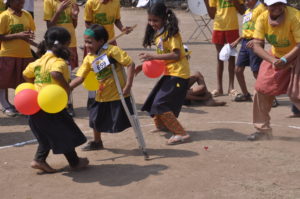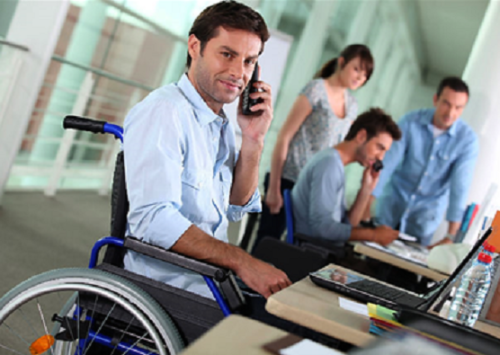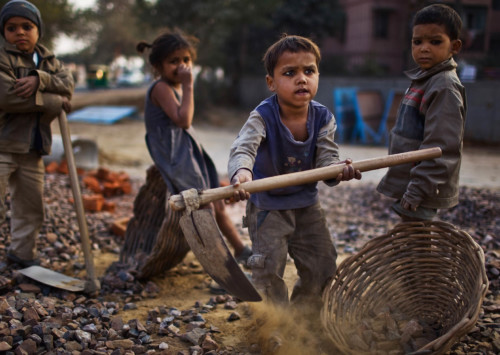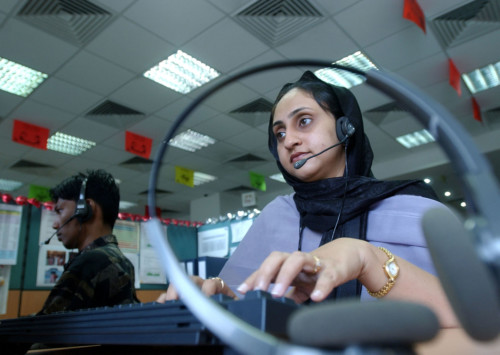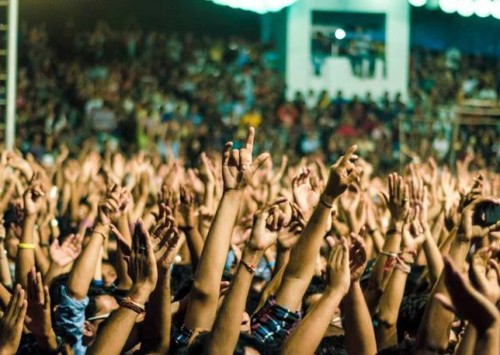Indians strive to make children ‘equally-abled’
With a tally of four medals at the Rio Paralympics 2016 from the country’s biggest contingent ever, demand for greater attention towards sports as an integral part of the curriculum for the specially-abled children is now gaining impetus.
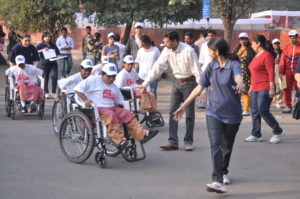
Udaan, a foundation for the differently abled based in New Delhi, organises Sports Day for the children
Placing Paralympians on the same pedestal as the Olympians has been a grave challenge for the country. The importance of Para-sports has only found footing in India recently, as the government is gradually taking a keen interest in all forms of sporting initiatives. For children with special needs, the requirement for customized models of imparting learning is undisputed. Adaptive sports and physical activities are reaching new heights across the world with interactive electronic games and activities being designed wherein no real sport equipment is required and has multi-user interface. India is, however, still struggling with only a few organisations coming forward and recognising the significance of para and adaptive sports for the specially-abled to embrace the path of self-sufficiency, aiding them in becoming ‘equally-abled’.
Teacher-parent speak
Reeta Jana, founder of Catch, an organisation run by parents of autistic children based in Bhubaneshwar, explained, “When my husband and I were living in Mumbai, we came in contact with a school for children with mental drawbacks. That is where we learned about autism and as parents, we were trained, since parents spend the most amount of time with children. When we shifted to Bhubaneshwar, we started our organization with a group of 4 children and their parents, who came forward to learn how to make the children self-sufficient by imparting self-help skills to the kids. For us, every day is a challenge. Our children have very unique behavioural issues. Each child behaves differently. For example, my son does not like crackers. During diwali, he used to have a hard time. Slowly we have overcome the challenge. Therefore, a predetermined curriculum is a good guideline but never enough. When it comes to the inclusion of sports, it should be a lot of fun for the children, since they are averse to monotonous learning. In our school, we had introduced yoga. But the children respond differently since each child has a different limitation while trying to grasp the learning methods.”
The road ahead
Accessible India campaign best thing after long time. Finally specially abled Indians got recognised by govt.
— टोबा टेकसिंग (@A_paricheet) August 13, 2016
India’s #Paralympics gold,bronze is a great tribute to our specially abled Gen next,who face hurdles & insensitive attitude. Proud of them
— Tarun Vijay (@Tarunvijay) September 10, 2016
The feeling of discontentment towards the dearth of formal education in India catering to the special needs of children is not uncommon. Department of Empowerment of Persons with Disabilities (DEPwD) has recently come up with the Accessible India Campaign. According to the campaign, “It is the vision of the Government to have an inclusive society in which equal opportunities and access is provided for the growth and development of PwDs to lead productive, safe and dignified lives. In furtherance of the vision of the Department, it is imperative to launch a Nation-wide Awareness Campaign towards achieving universal accessibility for all citizens, including PwDs, in creating an enabling and barrier-free environment.”
A campaign, which so far plans to undertake a series of sensitisation activities, remains to have the impact of the execution of its plans adjudged.
According to the Census of India 2011, the differently-abled population in India is estimated at 26.8 million. State-wise data reflects that Andhra Pradesh, Maharashtra, Orissa and Jammu and Kashmir have more than 2.51 pc disabled population. Despite, the Persons with Disabilities (Equal Opportunities, Protection of Rights and Full Participation) Act of 1995, the necessity of providing special attention to the increasing number of specially-abled children in the country is not executed owing to the lack of sensitisation, lack of equal educational opportunity, and a reported negligence towards the focus of the issue with utmost urgency.
The road to converting the country’s special children into the equally-abled is a seemingly difficult one, but one that evidently needs urgent treading.

